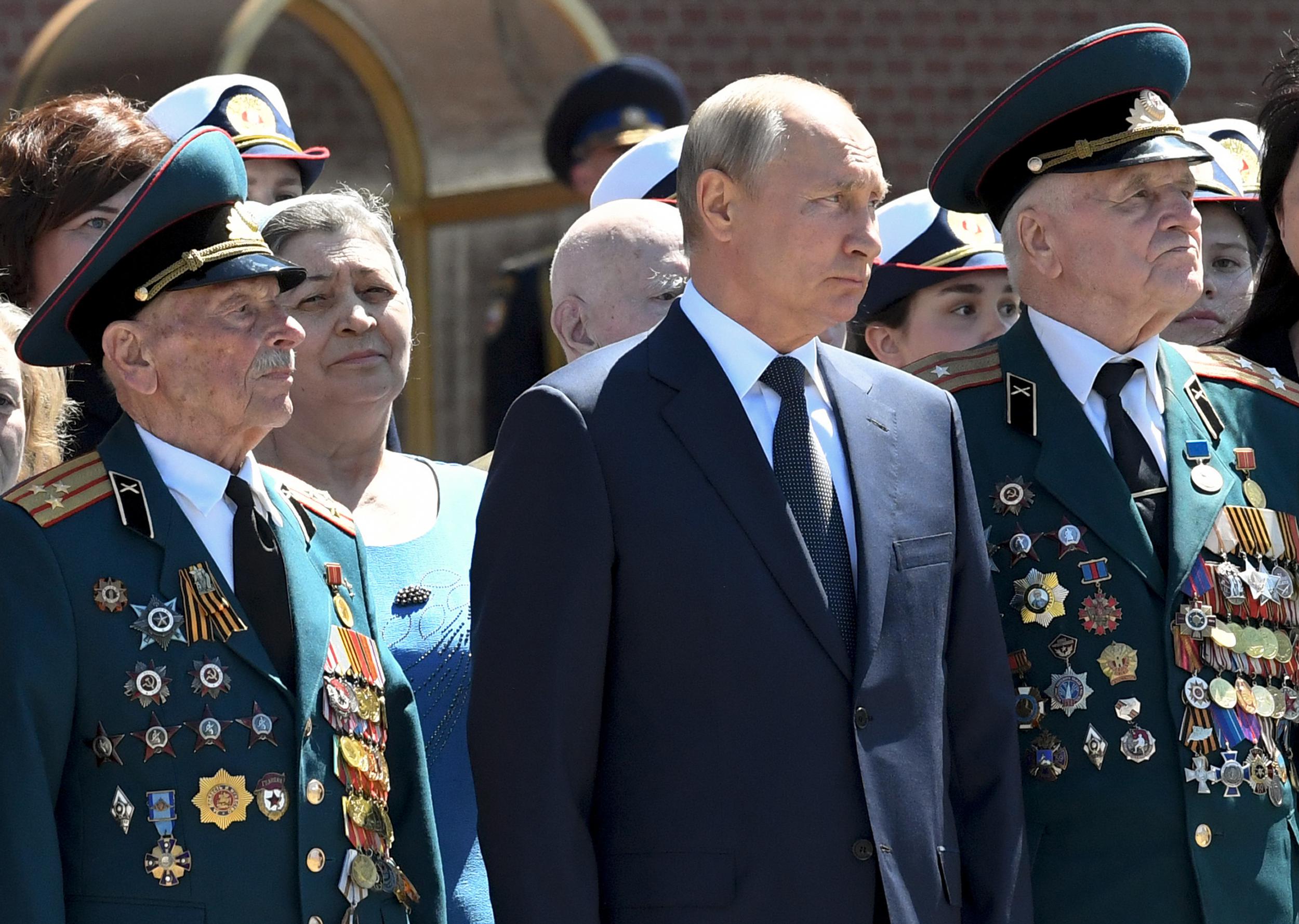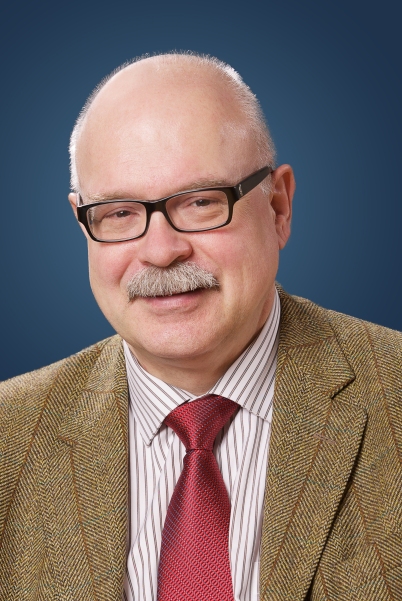Rumors of a meeting last weekend between Israeli Prime Minister Benjamin Netanyahu and Saudi Crown Prince Mohammed bin Salman (MBS) had the effect of a bombshell in diplomatic circles. I was not the least surprised, because I have been expecting developments of the sort for quite some time now. MBS is one the world’s shrewdest political operators and it would be quite logical to observe developing relations between him and the Israeli leadership – if only because they share a common enemy with Iran.
I was therefore very happy to put my hands on a copy of Blood and Oil: Mohammed bin Salman’s Ruthless Quest for Global Power, in which I learnt quite a lot about this young prince who, at 35 years old, has already made his way among world leaders in a fascinating – yet sometimes thin-skinned and abrasive – way.
Those interested about his financial dealings of secret operations allegedly launched in his name might want to stop reading right now, because these are not the angles that caught my attention. Inspired by Machiavelli, MBS is a keen student of history who is fascinated with Alexander the Great and consumes history books. I do not know if he likes to read about US political history, but from what I take from Bradley Hope and Justin Scheck’s book, he would be enthralled to read Robert A. Caro’s The Path to Power. The way he reached the position of Crown Prince is not alien to the young Lyndon B. Johnson’s capacities to pivot his youth and poverty into becoming an unavoidable and shrewd political actor. In MBS’s case, the Crown Prince not only took advantage of his youth, but also of being underestimated by his (and his father’s, King Salman) numerous rivals, in his quest to help his father reach the throne.
During King Abdhullah’s terminal hospital stay, the authors report that his main courtier tried to marginalize future King Salman. Upon learning that the Custodian of the Two Holy Mosques had died, MBS “[…] hurried his father into a convoy of cars and sped to the National Guard hospital” – ensuring that no shenanigans could be orchestrated to sideline the future king. Earlier, his father had become addicted to painkillers after back surgery. Mohammed helped him “[…] beating the addiction, staying up with his father around the clock and handing him pills identical to those he’s been taking for years. Only they were actually new ones specially ordered up by Mohammed with lower doses.” The dutiful son – who understand that his power stems “[…] from his family, not an electorate” – is also a canny practitioner of power and his round-the-clock work ethic would leave most of us dead tired after a few days.
For sure, MBS is in no lack of detractors. But anyone adopting a realistic perspective in international relations understands that 1) he is the heir to the throne of one of the most vital and strategic geopolitical actors in the world and 2) he will be around for several decades. Anyone counting on the support of Saudi Arabia to pursue any international agenda should remember that – notably to oppose Iran, whose current régime is an existential threat to the West.
I have to admit that the thing I disliked with this insightful book was its title. Labelling MBS solely as a ruthless and bloodthirsty prince fails to convey the bigger picture that, in a country like Saudi Arabia, the alleys of power are not comparable to the halls of a philosophical society. One does not need to be an expert at international politics to understand that several nemeses must eye the Crown Prince’s position with envy and would not hesitate to depose him if they were given the opportunity.
MBS has a vision for his country. He seeks its influence beyond the markets of oil and into the technological avenues of the future. Bringing a traditionalist and conservative country like Saudi Arabia in that direction must not be a small challenge. But, as a student of history, the Crown Prince understands that kingdoms of past, present and future must adapt to survive. In an unforgiving world, the future king of Saudi Arabia learnt “[…] from his time sitting in the majlis [a gathering room for advisors and petitioners] with his father, day after day […] the inner workings of power in Saudi Arabia.”
Like anyone, he will make mistakes. And those will fade with the passage of time. But long after Donald Trump, Vladimir Putin and Xi Jinping will have departed from public life, this fascinating character will be one of the main players in tomorrow’s world affairs. The fact that countries like (former adversary) Israel are now allegedly in discussions with him is an eloquent testimony that he already is. Like a true disciple of Machiavelli, MBS knows how to seize the moment.
As for Bradley Hope and Justin Scheck, they offer the readers an excellent biography of a world leader who knows how to navigate the treacherous waters of politics at its highest level, guided by an astute sense of history. Honestly, this is one of the best books I have read this year.
__________
Bradley Hope and Justin Scheck, Blood and Oil: Mohammed bin Salman’s Ruthless Quest for Global Power, New York, Hachette Books, 2020, 368 pages.
I would like to express my sincere gratitude to Stephanie Palumbo of Hachette Books Canada and Ryan E. Harding of Hachette Books for their invaluable assistance, notably in offering me a copy of this biography.





